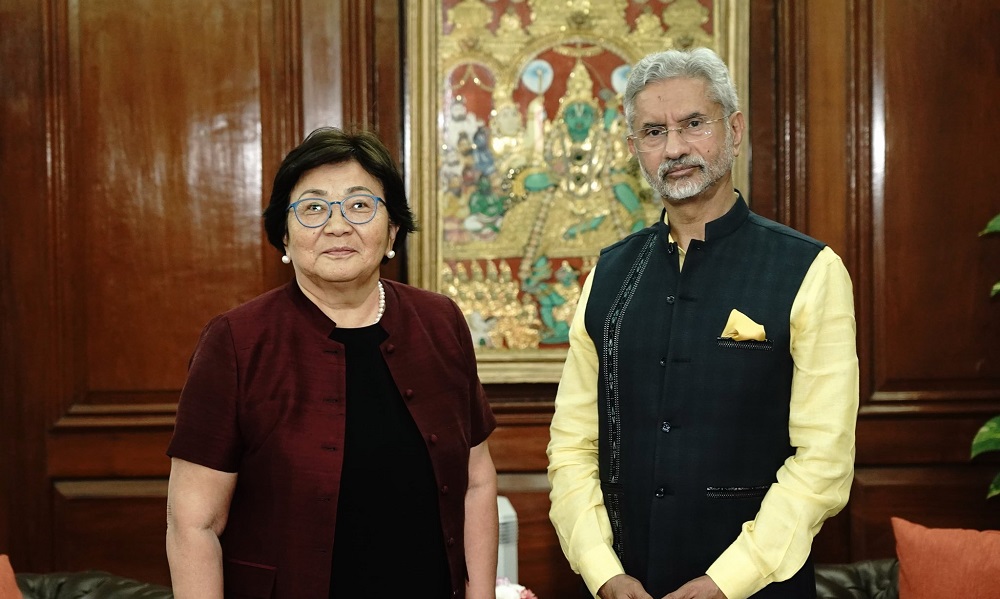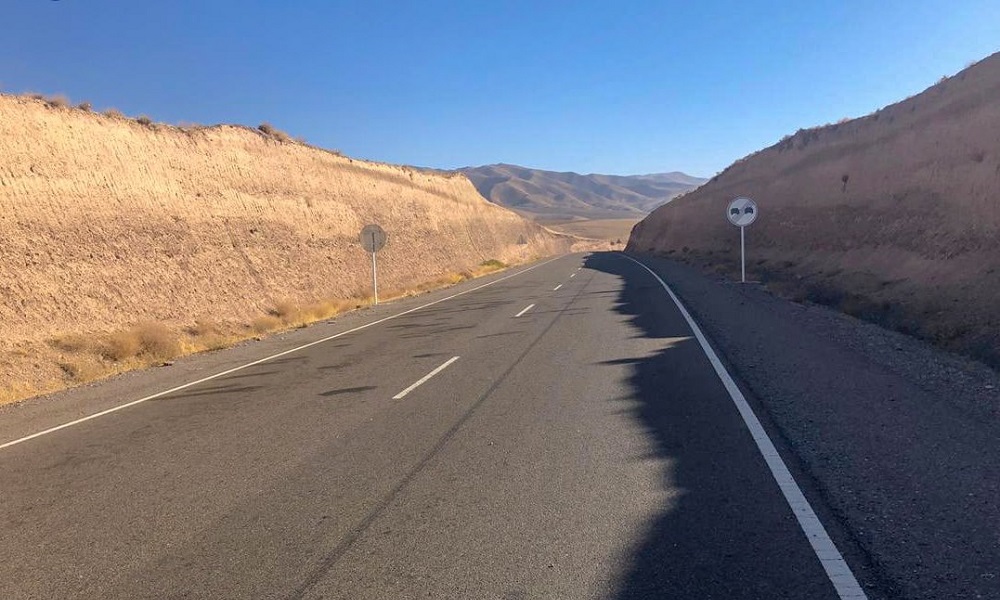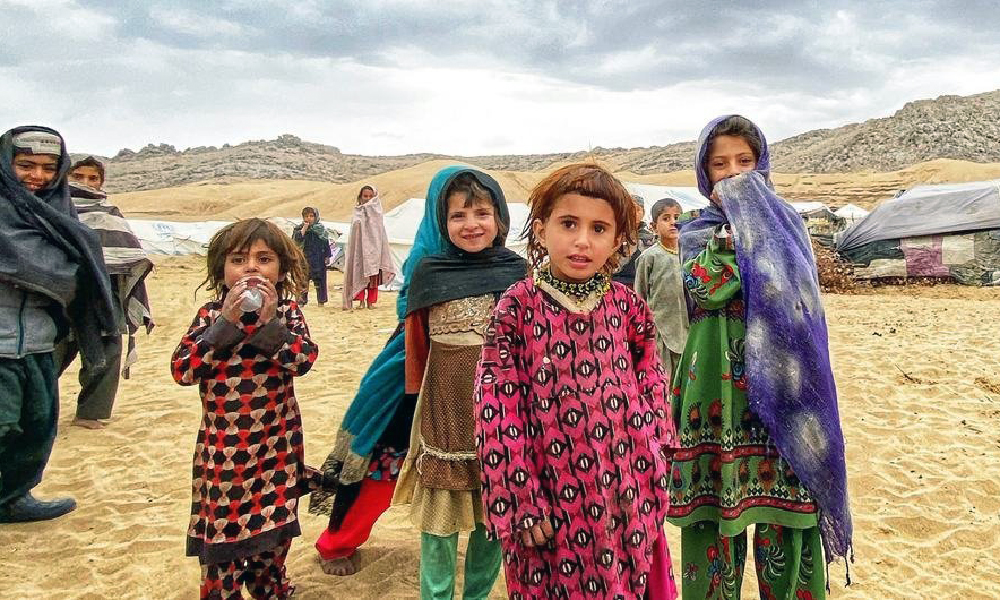Latest News
Ex-President Brack Obama’s 8-Years Policy Toward Afghanistan

 The New York Times in an article evaluates President Obama’s eight-years war strategy and policy toward Afghanistan.
The New York Times in an article evaluates President Obama’s eight-years war strategy and policy toward Afghanistan.
The American Newspaper, New York Times writes the strategy that went from a “good war” to the shorthand “Afghan good enough” reflects the president’s coming to terms with what was possible in Afghanistan.
What Mr. Obama meant was that no one in the Situation Room that day, himself included, thought that the United States — after 14 years of war, billions of dollars spent and more than 2,000 American lives lost — would ever transform Afghanistan into a semblance of a democracy able to defend itself.
“The struggle against violence and extremism, will not be finished quickly and it extends well beyond Afghanistan and Pakistan,” Barack Obama said.
“We have traveled through more than a decade under the dark cloud of war, yet here, in the darkness of Afghanistan, we can see the light of a new day on the horizon,” he added.
More than any other conflict, Afghanistan shaped Mr. Obama’s thinking on the basic questions of war, peace and the use of military power.
It is where he discovered his affinity for drones, sharpened his belief in the limits of American intervention, battled his generals and hardened his disdain for unreliable foreign leaders.
It reaffirmed his suspicions about sending American troops into foreign conflicts and made him reluctant to use more force in Iraq, Syria, Libya and other war zones.
When Mr. Obama took office in January 2009, he ordered a quick policy review on Afghanistan by a former intelligence analyst, Bruce Riedel.
But even before it was completed, he accepted a Pentagon recommendation to send 17,000 additional troops to Afghanistan, bringing the total to nearly 70,000 American troops on the ground.
“That is true that we still have several thousand troops in Afghanistan and it is true that is always dangerous and always tough. Occasionally there have been significant causalities associated with that for the most part, this is now an Afghan fight.”
Now, as Mr. Obama prepares to turn the war over to Donald J. Trump, a leader even more skeptical than he is about the value of American engagement in foreign conflicts.
However, the Afghan parliament evaluates Obama’s policy that US did not want to end war and suppress terrorism in Afghanistan.
“The United States did not want to end war and suppress terrorism in Afghanistan. Since Bush administration till Obama’s governance even now for the Trump, this “Mouse and Cat” policy will continue and it is a policy that will not allow the Afghan government collapse, nor the Taliban gain the victory,” said Aref Rahmani, representative of Ghazni in Parliament.
Dawood Kalakani, representative of Kabul also said, “Barack Obama has not had a successful policy and the war did not end in Afghanistan.”
Mr. Obama was a state senator from Illinois in October 2002 when he famously condemned Iraq as a “dumb war.”
But in the same speech he also said, “I don’t oppose all wars.” He was referring to Afghanistan, which he viewed as a just war to hunt down the perpetrators of the Sept. 11 terrorist attacks.

Latest News
UN envoy meets Indian foreign minister to discuss Afghanistan

Roza Otunbayeva, the UN Secretary General’s Special Representative for Afghanistan, met with the Indian Foreign Minister Subrahmanyam Jaishankar in New Delhi and discussed issues related to Afghanistan, it was announced on Thursday.
During the meeting, Otunbayeva thanked India for “its critical humanitarian support and longstanding friendship for the Afghan people” and discussed the importance of regional and international cooperation to address prevailing challenges in Afghanistan, UNAMA said on X.
Jaishankar also said on X that the sides exchanged views on the current situation in Afghanistan.
“Underlined that India has provided wheat, medicines, pesticides and school supplies. Appreciate the role of UN agencies as partners in these endeavors,” he said.
Latest News
Traffic accident leaves one dead, four injured in Herat

Local officials in Herat say one person was killed and four others injured due to a traffic accident in Karukh district of the province.
The accident took place on Thursday night at 8:pm.
The injured individuals have been taken to Herat’s regional hospital by the personnel of Karukh district police headquarters, local officials said.
Latest News
250,000 Afghan children need homes, food, education after returning from Pakistan

In the wake of an announcement by Pakistan that it intends to start Phase Two of deportations of Afghans, Save the Children said Thursday that almost a quarter of a million Afghan children need proper homes, food, and access to education after returning from Pakistan in the past seven months.
In a statement issued by the organization, Save the Children said more than 520,000 Afghans have returned from Pakistan since September last year, after Pakistan said all undocumented foreigners must leave the country voluntarily or face deportation.
Nearly half of all the returnees are children.
A survey by Save the Children of families who have returned to Afghanistan – and the communities who are hosting them – found that nearly all (99%) do not have enough food for the next one to two months.
About three-quarters of returnees and families in host communities reduced portion sizes or restricted the food consumption of adults so small children could eat.
About 40% of returnees and host families surveyed had to borrow food or rely on friends and relatives for at least three days a week – with 13% of returnees and 9% of host families saying they had to get food from others every day.
Almost 8 million children in Afghanistan – or one in three – are facing crisis levels of hunger.
Nearly one in six families live in tents, according to the survey, with most returnees having little or no means to support themselves.
Only a third had managed to bring assets back with them from Pakistan.
Nearly half (47%) said there were no jobs available in Afghanistan, with 81% saying that they do not have any skills that could lead to employment.
Almost two thirds (65%) of children who have returned to Afghanistan have not been enrolled in school. The majority (85%) told Save the Children that they don’t have the necessary documents to register and enroll in school.
In Pakistan, more than two thirds of these children had been attending school.
Arshad Malik, Country Director for Save the Children in Afghanistan, said: “Families are returning to Afghanistan with virtually nothing. Most are relying on relatives or friends to support them – and these communities already have little to support themselves.
“The return of so many people is creating an additional strain on already overstretched resources. Children need support and stability. Many undocumented Afghan children were born in Pakistan – Afghanistan is not the place they call home,” he said.
He added that in addition to the returns from Pakistan, 600,000 Afghans arrived from Iran last year. Also, “families have been forced from their homes by multiple disasters, including the series of earthquakes in Herat and the ongoing drought. Afghanistan is also now home to the second largest number of internally displaced people in the world – or roughly 1 in 7 people,” Malik said.
According to him, Afghanistan not only needs urgent funding from international donors and governments – but also needs long term, community-based solutions to help all displaced Afghans rebuild their lives.
-

 Sport4 days ago
Sport4 days agoACL fever grows as fixtures finalized
-

 World4 days ago
World4 days agoUS will not take part in any Israeli retaliatory action against Iran
-

 Latest News4 days ago
Latest News4 days agoOver 50 people dead in traffic accidents over Eid
-

 Latest News4 days ago
Latest News4 days agoUS identifies Kabul airport suicide bomber
-

 Business4 days ago
Business4 days agoAfghanistan-Kazakhstan chamber of commerce opens in Herat
-

 Latest News4 days ago
Latest News4 days agoGood rains enable DABS to increase power production in Kabul
-

 World3 days ago
World3 days agoIsraeli military vows response to Iran attack as calls for restraint mount
-

 Latest News3 days ago
Latest News3 days agoPakistani police give Afghans in Balochistan one day to leave
















